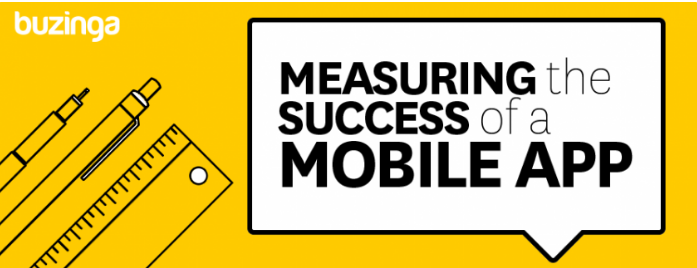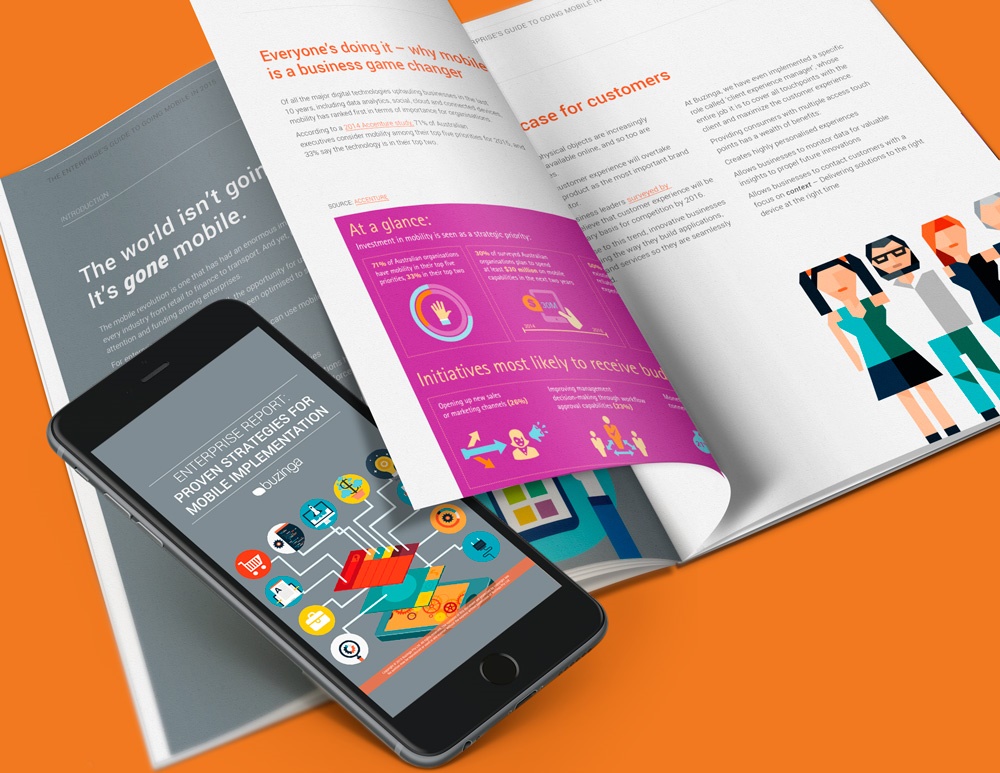The #1 Mistake Businesses Make When Launching Customer-Centric Mobile Products
Scary Stat: According to Gartner, less than 0.01% of consumer mobile apps will be considered a financial success by 2018.
What does this mean for companies building apps over the next 10 years?
Well one thing is for sure, build it and they will come has been dead for years now and is only going to get worse.
Yet why are companies still unsure about how to get people to download their apps?
As an app development company, we’ve published over 100 products to various app stores for enterprises.
Some have hit #1 on the Appstore the day they were released, while others ended up trending internationally.
On the other hand, we’ve also seen businesses just sit there and wait for their app to be found organically and go viral. They’re still waiting…
So what’s the secret behind why those companies hit #1 on the appstore? And how do you avoid becoming part of a list of failed app projects?
Well I’m going to share it with you…
(No it’s not the UX design. Great UX design is a minimum expectation.)
Cue sarcastic tone.
THEY IMPLEMENTED A MARKETING STRATEGY!
Sounds pretty straight forward right?
New product = Marketing Campaign.
Well, to many companies, particularly ones who’ve never played in the digital space, the idea of marketing for software products is terrifying to them!
Companies who traditionally only created products like cereal, think that releasing an app needs a completely foreign, magical, unicorn strategy that is completely different to simply rolling out a physical product (like cereal…). Or they think the app will go viral overnight.
What’s scary is I’m not talking about amateur companies here.
I’m talking about some of Australia’s largest companies having NO IDEA what to do when the app is ready to go from a software perspective.
From a marketing perspective, there is no difference in how a marketing campaign should be executed for a new product roll-out to launching an app.
You also have the advantage of continuously improving the product based on customer feedback.
We’ve all experienced how damaging the new Shapes BBQ and Pizza flavour release has been the past few weeks! Customers are rightly devastated.
If only they could simply jump into a time machine and ‘delete’ the change they made.
Or instantly implement changes to satisfy customer feedback to make the flavour 10x better instead of a national disaster!
Your marketing strategy for a mobile app still follows the same process of research, validation, testing, promotional roll-out, you know the rest.
But there is more data and more flexibility in the product.
Think of this app as just a new marketing channel and part of your marketing mix.
It’s simply the tools you use to do this that may be slightly different.

The Advantages of Enterprise App Development
Enterprises have a huge advantage when taking an app to market.
- A large marketing budget which covers market research, idea validation, product build, software testing and user testing, with the ability to use agile methods implementing instant user feedback.
- Leveraging existing customer data-bases and brand recognition – the biggest tools you’ll have in distribution. Your customers already love you! You won’t have to try very hard to get them to try your app. Leave the stickiness of the app to your UX designers. You need to get it into people’s hands.
- An actual marketing department. The apps you use daily including Facebook and Instagram were startups and you bet they would’ve killed for a marketing department in those first few months of launching their apps.
So what’s different about app marketing?
Whilst although the fundamentals of marketing are the same to ensure sales and profitability with the release of the a new product, there are a few areas where marketers may need to up skill.
1. The metrics of a successful app.
There will be new metrics that marketers need to include in their vocab, including acquisition, retention, engagement, quality and behavioural metrics.
For a deep dive into these metrics, download our guide:
2. Programmatic Advertising
Programmatic Advertising is the behaviour of using data to help inform and automate media buying decisions.
Based on data collected by internet behaviour, mobile app advertising spend is spent on acquiring users who are most likely to download your app.
As an example, a gaming app would be shown in Facebook news feeds, in-app ads and across various ad networks to people who in the past have shown high retention rates in using other gaming apps. If you want to see how it works, download the game Trivia Crack, play it for a few days and watch your Facebook news feed fill with ads for other games.
It’s highly effective which also makes it really expensive. This is why companies like Fiksu charge thousands of dollars per month for access to their platform.
To learn more about Programmatic Advertising, check out this article by the Advertising Age.
Conclusion
As a marketer or a company executive it’s integral that when mobilising your customer experience, you understand that this app is simply a product.
The financial success of a digital product, like a new cereal flavour, must alway have a traditional marketing strategy behind it, using key fundamentals of consumer behaviour.
The only thing that changes is that you’ll need to learn how to measure the success of your actual application a bit differently and most likely hire mobile app marketing experts to ensure you’re getting the most out of your investment.
Want to learn how the pros are achieving mobile ROI within 1 year? Download our enterprise mobility report below…





